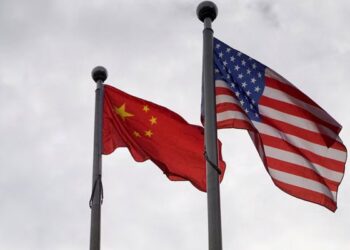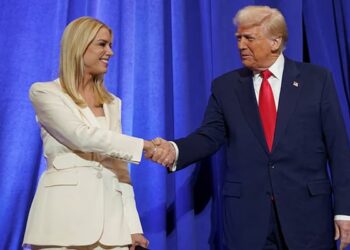Title: Trump Announces New Tariffs, Escalating Trade Tensions
Image Caption: President Donald Trump speaks about tariffs in the Rose Garden at the White House in Washington, DC, on April 2, 2025. — Reuters
Washington, D.C.: On Wednesday, President Donald Trump declared he would be implementing reciprocal tariffs to match those imposed on U.S. products by various countries, intensifying the trade battle that he reignited since returning to office.
These extensive tariffs are set to create significant new barriers for the world’s largest consumer market, effectively reversing many years of trade liberalization that have defined the global economic landscape. In response, trading partners are likely to introduce their own measures, potentially leading to substantially increased prices on a wide range of products, from bicycles to wine.
Trump referred to the tariffs as "our declaration of independence" during his remarks in the White House Rose Garden.
While specifics regarding the tariffs were not available immediately, Trump’s statements reflected his long-standing grievances regarding the negative impact of global trade on U.S. workers and businesses.
This uncertainty has caused turmoil in financial markets and has unsettled companies that have relied on trading frameworks established since 1947.
The administration has indicated that the new tariffs will take effect immediately following Trump’s announcements, though an official notification necessary for enforcement has yet to be released.
Nevertheless, the administration did confirm that a separate set of tariffs on imported vehicles, which Trump voiced last week, will commence as of April 3.
Previously, Trump enacted a 20% tariff on all imports from China and a 25% levy on steel and aluminum, extending these measures to nearly $150 billion worth of related goods.
Advisors to Trump have expressed confidence that these tariffs will help restore critical manufacturing jobs within the United States.
However, economists outside the administration have raised alarms that such tariffs could hinder the global economy, heighten the risk of recession, and increase living expenses for average U.S. households by thousands of dollars. Many businesses have voiced concerns that Trump’s series of trade threats have complicated their operational planning.
Fears over tariffs have already contributed to a slowdown in manufacturing activities globally while simultaneously driving consumers to buy automobiles and other imported items in anticipation of rising prices.






